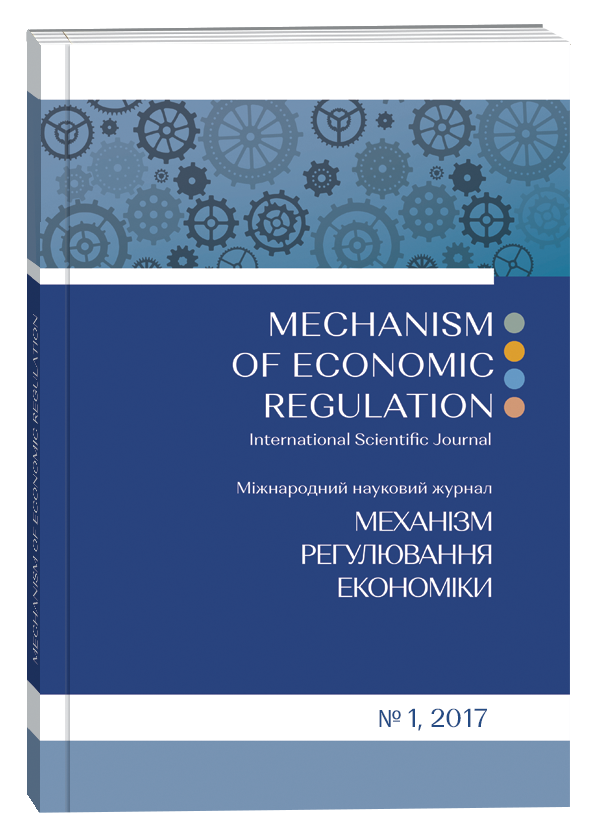LENOVO’S GLOBAL COMPETITION STRATEGY: THE DRIVING FORCES OF LEADERSHIP
Abstract
The paper provides an overview and description of the Chinese economy in recent decades, taking into account the specifics of China’s economic policy. The business activity of one of the most successful transnational Chinese company – Lenovo – was investigated in the paper. The article presents and analyzes the main business strategies that helped Lenovo to win in a short time competitive positions in the market of electronic equipment, gadgets and software products, not only on the national, but also on the world market. Particular attention in the study is given to the analysis of the company’s financial performance by business groups and geographical units; the main indicators of the financial effectiveness of the company’s business strategies; the effectiveness of the company’s use of production resources is illustrated. Also, the paper analyzes the composition and elements of the global value chain formed by the company to realize competitive advantages and retain competitive positions in the world market.
References
China’s economic rise: History, trends, challenges, and implications for the United States. (February 2014). Congressional Research Service
China’s economic growth and rebalancing European Central Bank. (February 2013). Paper series #142
Chinese furniture market overview. (2012). Hong Kong Trade Development Council. Retrieved from http://www.tdctrade.com/sme/chinese/chinamkt/chinafrn.htm
Annual Report Lenovo Group Limited. (2015/16). Retrieved from http://www.lenovo.com/ww/lenovo/results.html
Telaote Lise, J. (2013). Positioning. China: The Financial and Economic Publishing House, 198.
Chen, Y. J. (2006). Global brand’s marketing communication research – a case study of Lenovo PC, master’s thesis. Graduate institute of communication, Shih Hsin University, Taiwan, 359 p.
Annual Report Lenovo Group Limited. (2013/14). Retrieved from http://www.lenovo.com/ww/lenovo/results.html
The value chain: Adding value to the supply chain. Mechanical contracting education and research foundation. (2009). MCERF, 132
Lenovo Corporate Policy. Product Safety and Ergonomics. (2016). Retrieved from
http://www.lenovo.com/social_responsibility/us/en/Lenovo_Policy_Product_Safety_and_Ergonomics.pdf


